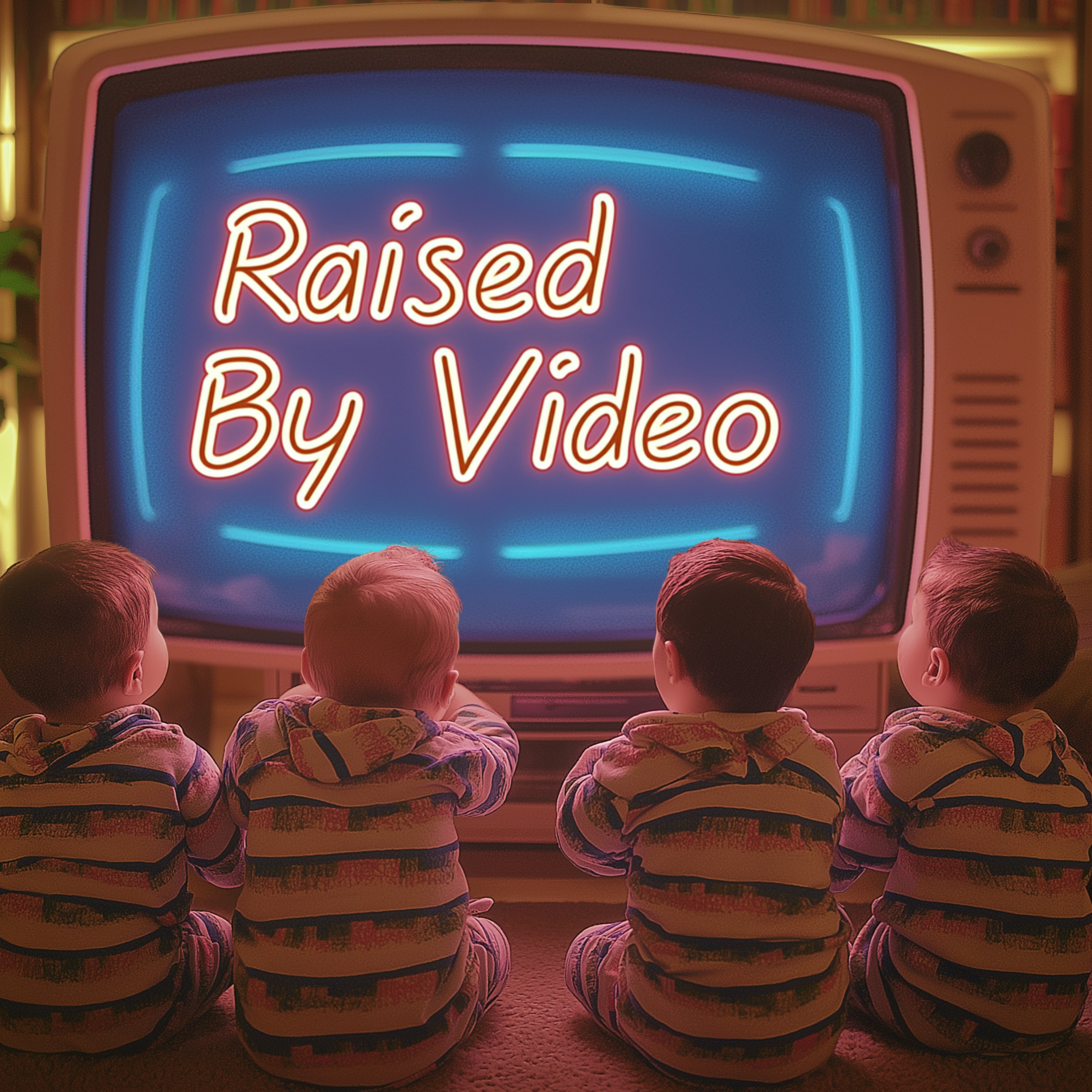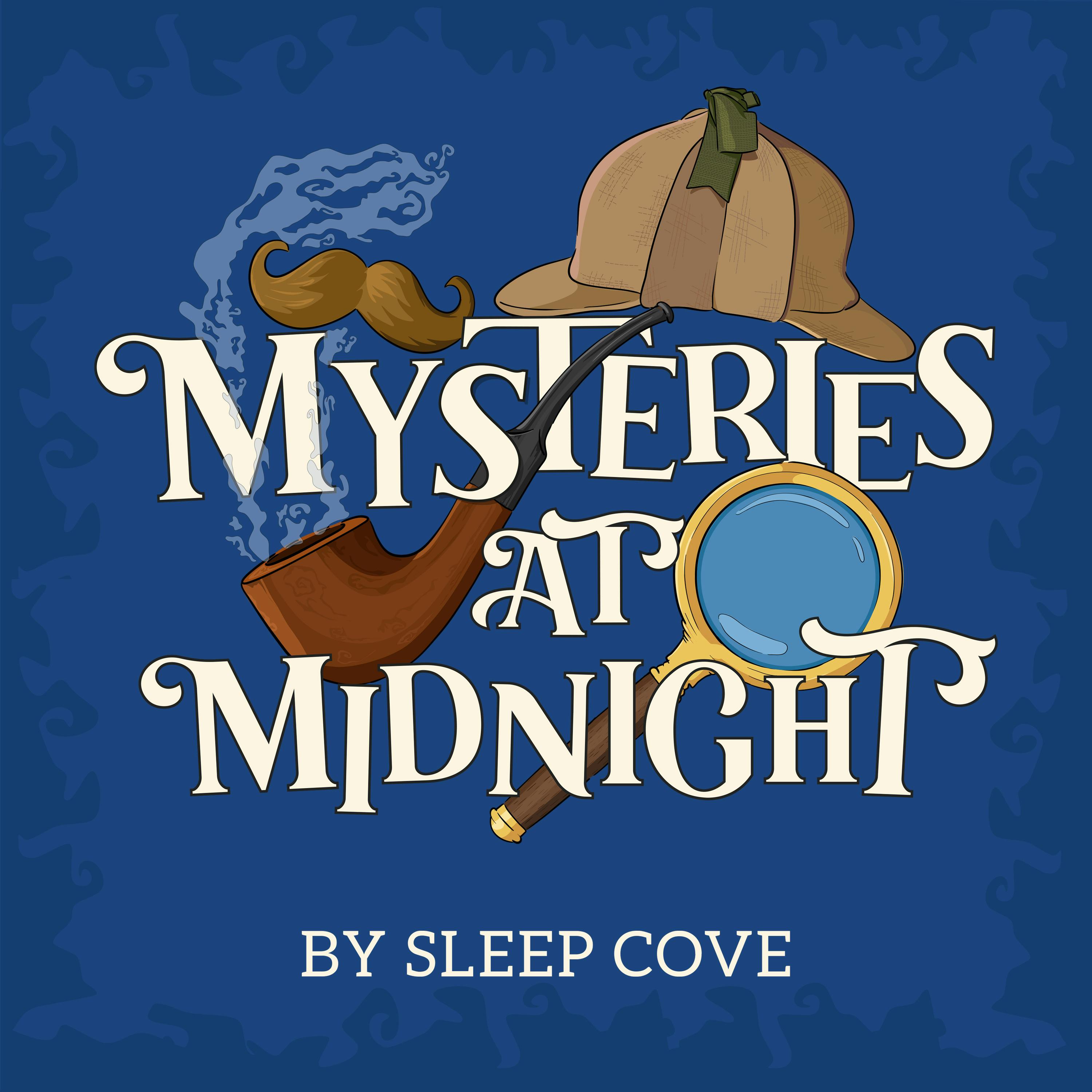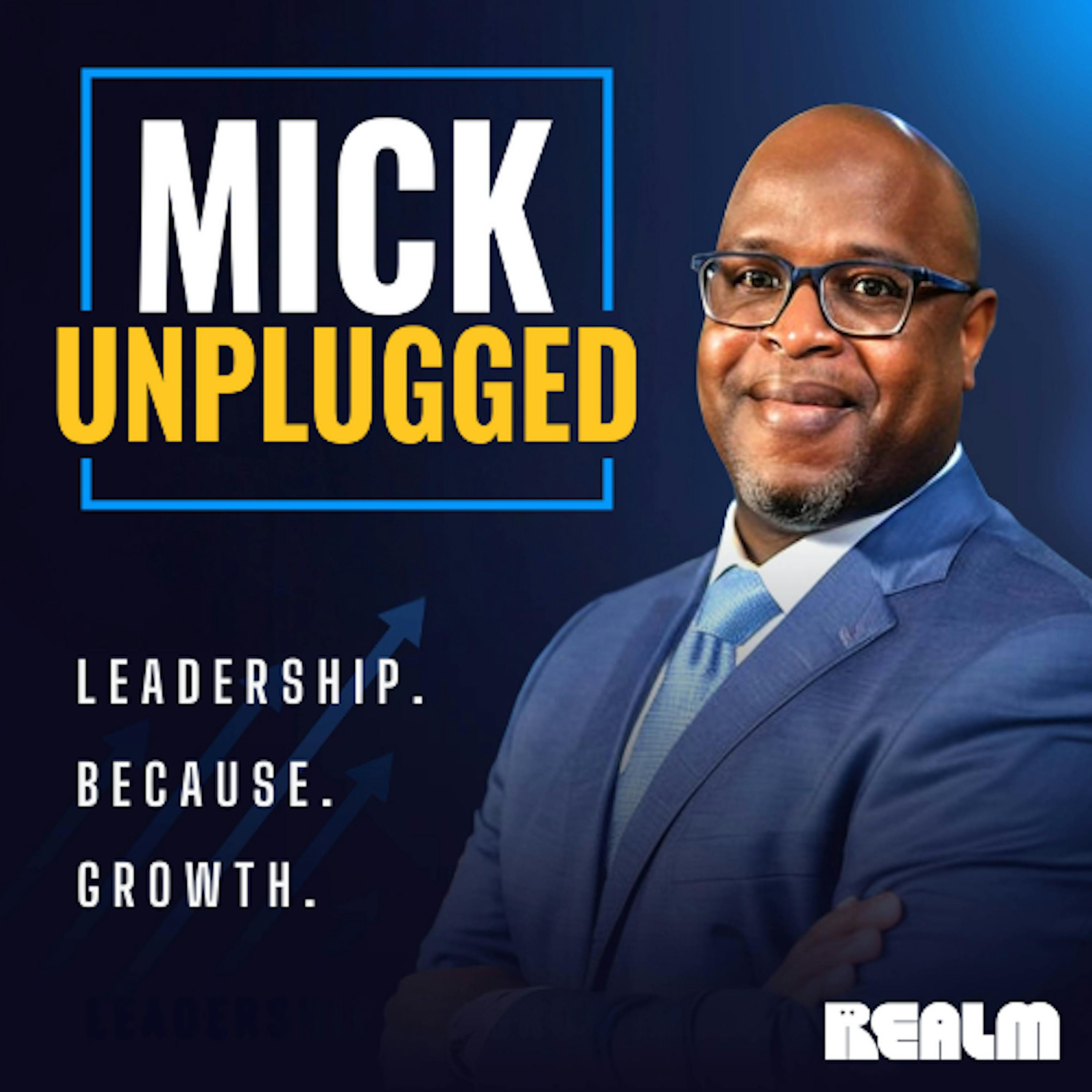more
Featured

Clarkesworld Magazine
Clarkesworld Magazine

Raised By Video
Raised By Video

On the Bus with Troy Vollhoffer
Country Thunder | Pod People

All About Change
Jay Ruderman

History Shorts
History Shorts

The Magnificent Others with Billy Corgan
Billy Corgan

Mysteries at Midnight - Mystery Stories read in the soothing style of a bedtime story
Sleep Cove

The Gstaad Guy Podcast
The Gstaad Guy
more



